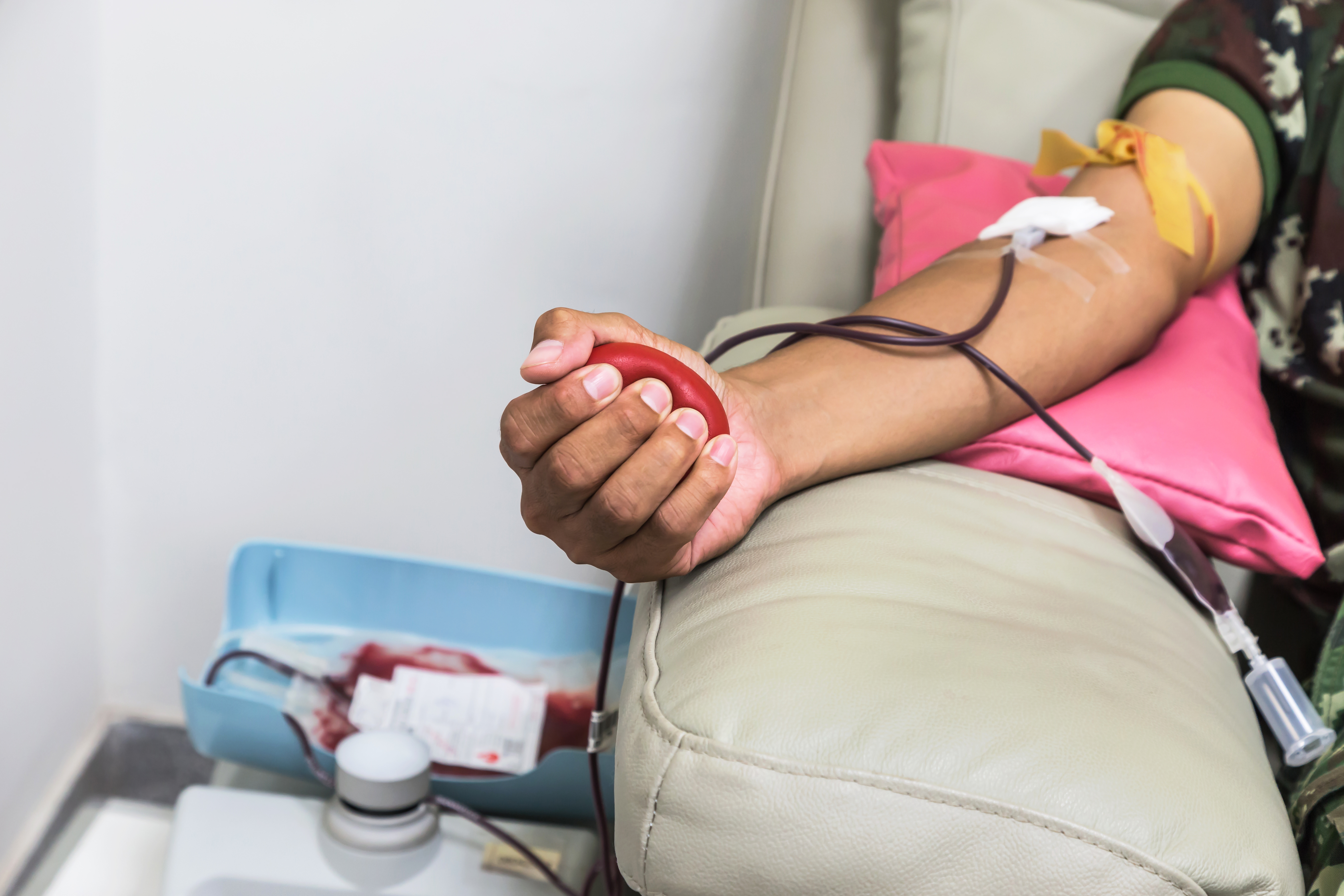How does donating a unit of blood affect your immediate performance? This is a common question when training and preparing individuals to emergently donate a unit of blood while on target (at Point of Injury). Well, the Norwegian blood gurus did some great work in answering this question.


What they did: Tested 68 volunteers in physical (VO2 max, heart rate and lactate) and cognitive (trail making test, Hopkins Verbal Learning Test and Stroop Test) performance before and after donating 1 unit of blood. Blinded donation vs sham donation followed by 10 min cognitive testing and 25 min physical testing.
Physical effects: Donor group VO2 max declined by only 6%. Hgb drop from 15.8 to 15.1 and then to 14.6 by day 7.
Cognitive effects: No decrease in cognitive function in donor groups.
So what? You can keep re-assuring your donor pool. My take on this is that it is perfectly fine to donate a unit of blood at the point of injury. There will be very little (probably not noticeable) decrease in physical performance and cognitive function should not change. This is a very small price to pay for such an important life-saving capability on target. Don’t believe it? Try it yourself the next time you practice blood transfusions.
Additional Reading - Immediate effects of blood donation on physical and cognitive performance—A randomized controlled double-blinded trial




